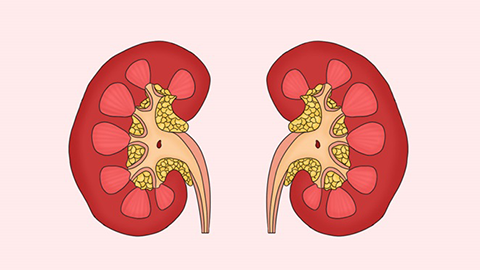Can a kidney transplant be performed for kidney failure?
Generally speaking, whether a patient with renal insufficiency can undergo kidney transplantation depends on the specific circumstances. When the medical condition is suitable and the physical condition permits, kidney transplantation can be performed; however, when the condition is severe or contraindications exist, kidney transplantation is not suitable. Detailed analysis is as follows:

If kidney function is at the end-stage and shows poor response to medication and dialysis treatments, and the patient's overall physical condition is good without serious cardiovascular diseases, malignancies, active infections, or other contraindications, kidney transplantation can be considered. Kidney transplantation can replace the damaged kidney function and improve quality of life.
When patients with renal insufficiency have severe systemic diseases, such as uncontrolled heart failure, respiratory failure, active hepatitis, HIV infection, or a recent history of malignancy, kidney transplantation is contraindicated. Performing kidney transplantation under such circumstances may significantly increase surgical risks and raise the incidence of postoperative complications.
To maintain kidney function, patients with renal insufficiency should perform proper daily care, including regular monitoring of kidney function indicators and timely adjustment of treatment plans.







